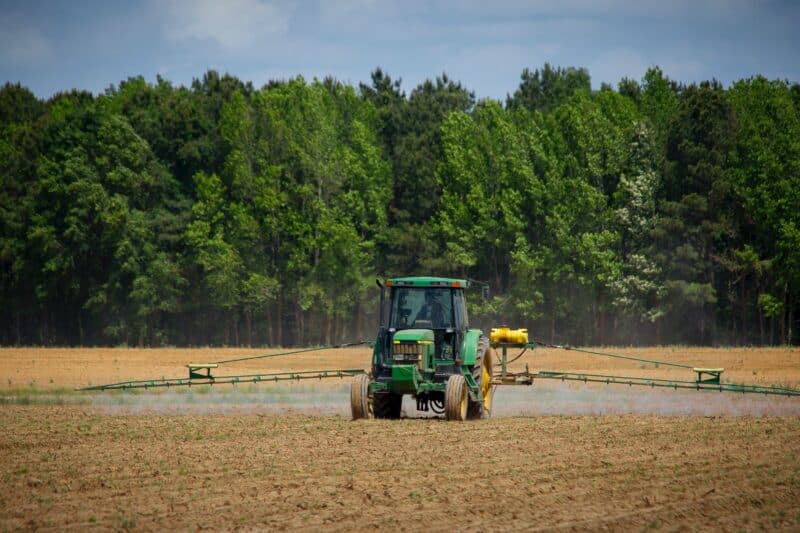The elements of the European Green Deal that directly concern agriculture and, more precisely, production technology, have caused the greatest concerns among farmers. There are three fundamental issues that are raising controversy. Firstly, the reduction in the use of plant protection products by 50%. Secondly, the reduction in fertilizer use by 50%. And thirdly, the requirement to set aside a certain portion of the farmland. Farmers in many European countries – including Poland – believe this to be an attack on their freedoms, on their liberty. On the other hand, in countries with poor soils – like in Poland – a lack of fertilizer use could potentially lead to decreased yields. Lower yields mean less product for sale and less income for farms. Moreover, a 50% reduction in the use of protective measures will lead to fewer tools available for combating diseases and pests. Consequently, the amount of product in the market will decline. Meanwhile, the requirement to set aside the land is quite an absurd idea – as plant production actually benefits the climate by reducing carbon dioxide levels. Therefore, farmers regard the backing away from these three policies as a crucial condition to end the protests – or at least to mitigate them and postpone till a further period.
“I get the impression that the initial announcements of the European Commission are heading in the right direction. They probably will not need to reduce the use of plant protection products or fertilizers. The commission has also stepped back from the compulsory set aside of certain portions of farmland”, said Mirosław Maliszewski, Member of Polish Parliament, Chairman of the Parliamentary Committee on Agriculture, and the President of the Association of Fruit Growers, to eNewsroom.pl. “If such solutions are implemented, then I believe farmers should be satisfied. So far, the European Green Deal, especially its Farm to Fork strategy, has been seen as limiting production and thus reducing income. What was also alarming was that the European Union is opening its markets to imports and products from many other parts of the world, where such requirements are not imposed. In those countries, different production regimes could cause difficulties, both in domestic markets such as Poland, as well as in export markets where we are competing with products originating from Asia, Africa, Eastern Europe or South America. Polish farmers may lose this competition – simply because our products will be more expensive. However, it seems that stepping back from these policies will not have a negative impact on the European Green Deal’s strategy – most importantly, it will allow for the protection of farmers producing in the EU. So far, too many obligations have been imposed on agriculture. Therefore, the Green Deal’s section on agriculture must be updated”, emphasizes Maliszewski.
